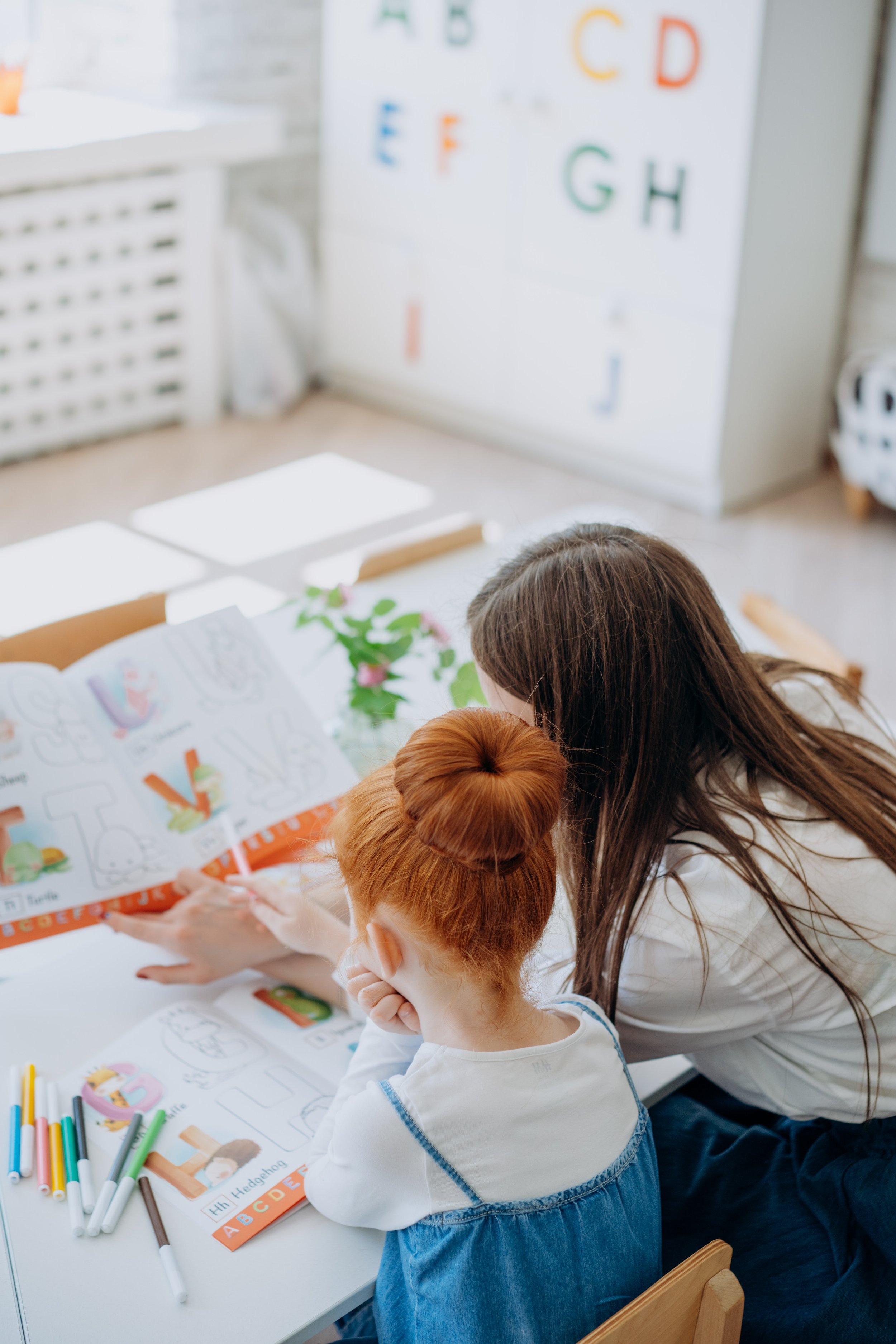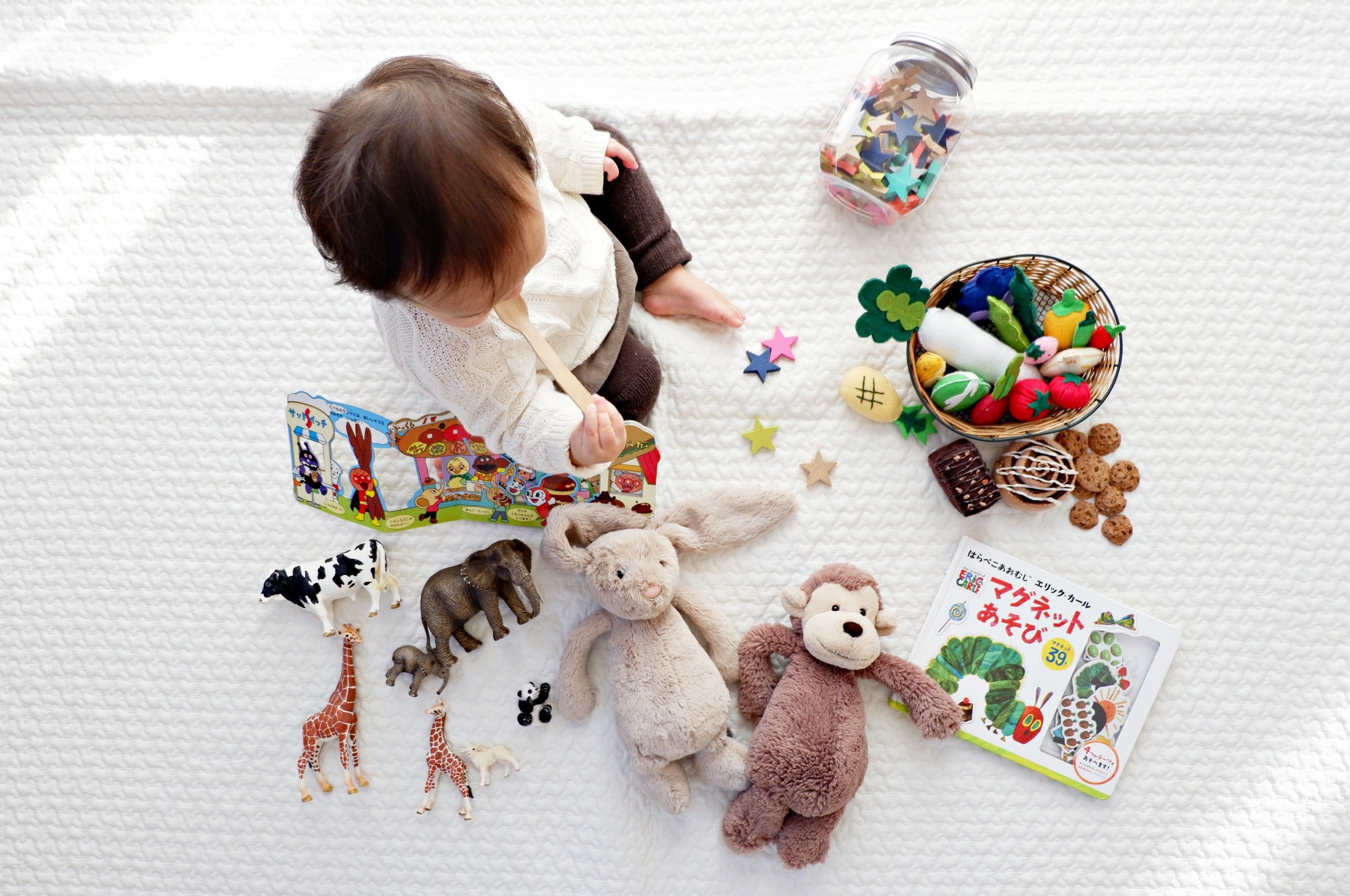
Early Intervention Services for Children and Families with multi-sensory disorders and developmental challenges, including Autism.
Parents are worried. While the world is trying to heal from a global pandemic, many systems that were in place prior to the lockdowns are not meeting the needs of our youngest children. Families are scrambling to get their needs met. As a professional who has worked in Early Intervention for over 20 years, this is unacceptable and I’m here to help.
Karen Schulz, Early Intervention Specialist
I specialize in working with families of young children who are in need of sound child development information. I understand how difficult it can be for parents who need direction as to how to navigate all of the facets of Early Intervention.
I can help you chart a pathway forward.
SERVICES
-

Home-Based
I provide direct services through play-based therapeutic sessions including Floortime®.
I work independently as well as within a team of professionals. My initial and ongoing developmental assessments and parent input drive the intervention plan and will guide the goals that are created. The intervention plan is then implemented with the child and parent or caregiver and typically takes place in the child’s home or school setting. The following are some examples of concerns that sessions will address:
Developmental Milestones, Sensory Integration and Body Regulation, Communication Skills, Social Awareness, Joint Attention, Postural and Motor Control, Functional Skills, School Readiness, Behavior Challenges & Emotional Dysregulation.
-

At-School
I consult with school faculty and administrators on your behalf to ensure that your child is being set up to succeed in the classroom. In addition, I also provide in-school support on a regular or intermittent basis by shadowing the child throughout their school day.
As an Individualized Education Plan (IEP Master Coach®), I am available to serve as a liaison between parents and IEP teams when a child turns three and has been eligible to receive Special Education services through the public school district.
-

Social Skills Groups
Social Skills groups are designed to aid in developing social awareness, making connections with others as well as practicing new found skills in a group setting. Social Skill groups can be as small as two children or as large as six children depending on the situation.
They are a great way for children to:
Help build fundamental play skills
Practice turn taking and reciprocal play
Foster friendship skills
Identify their own emotions and recognize the emotions of others
Use communication to navigate the social world
How might early intervention help?
There is undisputed recognition that the first three years in a child's life are particularly profound in the process of development and learning. These early experiences lay the foundation for childhood and beyond. Using a strength-based, relationship model, I work alongside families to mitigate factors that can impact healthy child development and secure parent-child relationships.
Early Intervention refers to the time in a child’s life from birth to eight years of age. These services support parents, the child, and the family as a whole. Let’s find out if Early Intervention can benefit you and your family. I look forward to talking with you soon.
Parents are the most impactful teachers in their children’s lives.
Join me in the process of assessing and understanding where your child’s strengths and weaknesses are, what his or her interests are and how we can best support them moving forward. Together we can begin to understand the communication of their behaviors and problem-solve for better outcomes.
As parents, you will have more impact in your everyday life with your child than any particular specialists or professional. Let’s find out how I can support and strengthen your family's journey.





